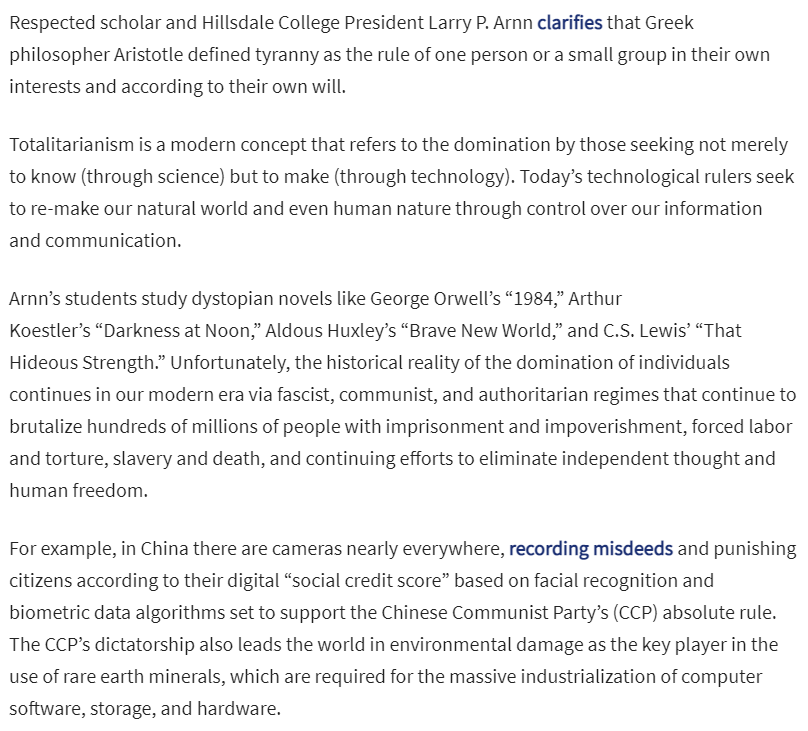
1/ Today the Texas House of Representatives votes on SB 12, a half-baked and unconstitutional "social media censorship" bill introduced by @SenBryanHughes after a similar bill failed in 2019.
This bill is no better than the last, and the house should vote it down.
#txlege
This bill is no better than the last, and the house should vote it down.
#txlege
2/ The bill would forbid platforms from removing content / banning users based on viewpoint (even viewpoints expressed *not* on the platform) and allow aggrieved parties to seek a court order (backed by mandatory contempt findings for non-compliance) to reinstate the user/content
3/ Not for nothing, the whole premise of the bill is flawed: there is vanishingly little support for the claim that platforms are removing content for ideological reasons as opposed to violations of platforms' rules, as this NYU Study found: static1.squarespace.com/static/5b6df95…
4/ But even if platforms were doing what the right accuses them of, it still wouldn't matter, because (and I can't believe I have to keep saying this), the First Amendment prohibits the government from compelling private parties to carry unwanted speech.
5/ Florida (bless its heart) may have forgotten that the Supreme Court ruled against it and held that newspapers couldn't be forced to run replies from political candidates, but the courts surely have better institutional memory. casetext.com/case/miami-her… 

6/ Do the bill's authors think they could force bookstores to carry certain books? Or force a local grocer to put removed ANTIFA flyers back up on their community bulletin board? One presumes not. An injunction requiring publication of speech would be profoundly unconstitutional.
7/ In fact, @SenBryanHughes previously introduced legislation acknowledging the First Amendment rights of businesses. His 2019 "Save Chik-fil-A" bill sought to bar government retribution against businesses on the basis of their First Amendment activity. So why the about-face?
8/ Hughes & Co. argue that social media platforms are different because they’re large and play a powerful role in civic discussion. But SCOTUS rejected that same argument in the 70s, just as it will today.
9/ And if conservatives think they are going to find support on the right wing of the Court (other than Justice Thomas), they're overestimating. Let's look at what Justice Kavanaugh (then on the DC Circuit) had to say: casetext.com/case/us-teleco… 

10/ Apparently @SenBryanHughes also thinks that because his bill only allows for injunctive relief (instead of monetary damages), it is not preempted by #Section230, which prohibits enforcement of state laws inconsistent with its provisions.
But he's very wrong.
But he's very wrong.
11/ Section 230 was written to remove obstacles that might discourage websites from setting ground rules for the content they will allow—whether based on viewpoint or otherwise—and enforcing those rules against objectionable content.
12/ Court orders requiring platforms to undo their content moderation decisions aren't just mildly inconsistent with #Section230; they would eviscerate its core purpose (in addition to being flatly unconstitutional).
13/ 230(e)(3) doesn't only prohibit monetary damages, it also prohibits inconsistent state causes of action (like SB 12's). Many plaintiffs have already tried seeking only injunctive relief, but courts consistently reject such too-clever-by-half attempts to evade Section 230.
14/ Hughes said the legislature is "leading the nation" and would “move [SB 12] quickly to give Texans a chance to fight back.” But the only sure quick thing here is a First Amendment lawsuit and an injunction against enforcement of SB 12 until it is declared unconstitutional.
15/ Texas legislators may see this as a win-win situation: they enact a law that makes a statement, and businesses know that they will be able to successfully challenge it in court. But taxpayers, who will foot the bill for this performative exercise, deserve better.
16/ This bill is big government meddling at its worst, and should be rejected.
cc: @PhilKingTX, @chrispaddie, @Burrows4TX, and the rest of #txlege
cc: @PhilKingTX, @chrispaddie, @Burrows4TX, and the rest of #txlege
See also @TaylorMVLR's piece on why this bill is a loser if you claim to care about free markets: hotair.com/taylormillard/…
There's a reason that similar legislation has been killed in nearly every state that has considered it. Passing performative, unconstitutional legislation is bad for business and bad for citizens. #txlege
• • •
Missing some Tweet in this thread? You can try to
force a refresh












